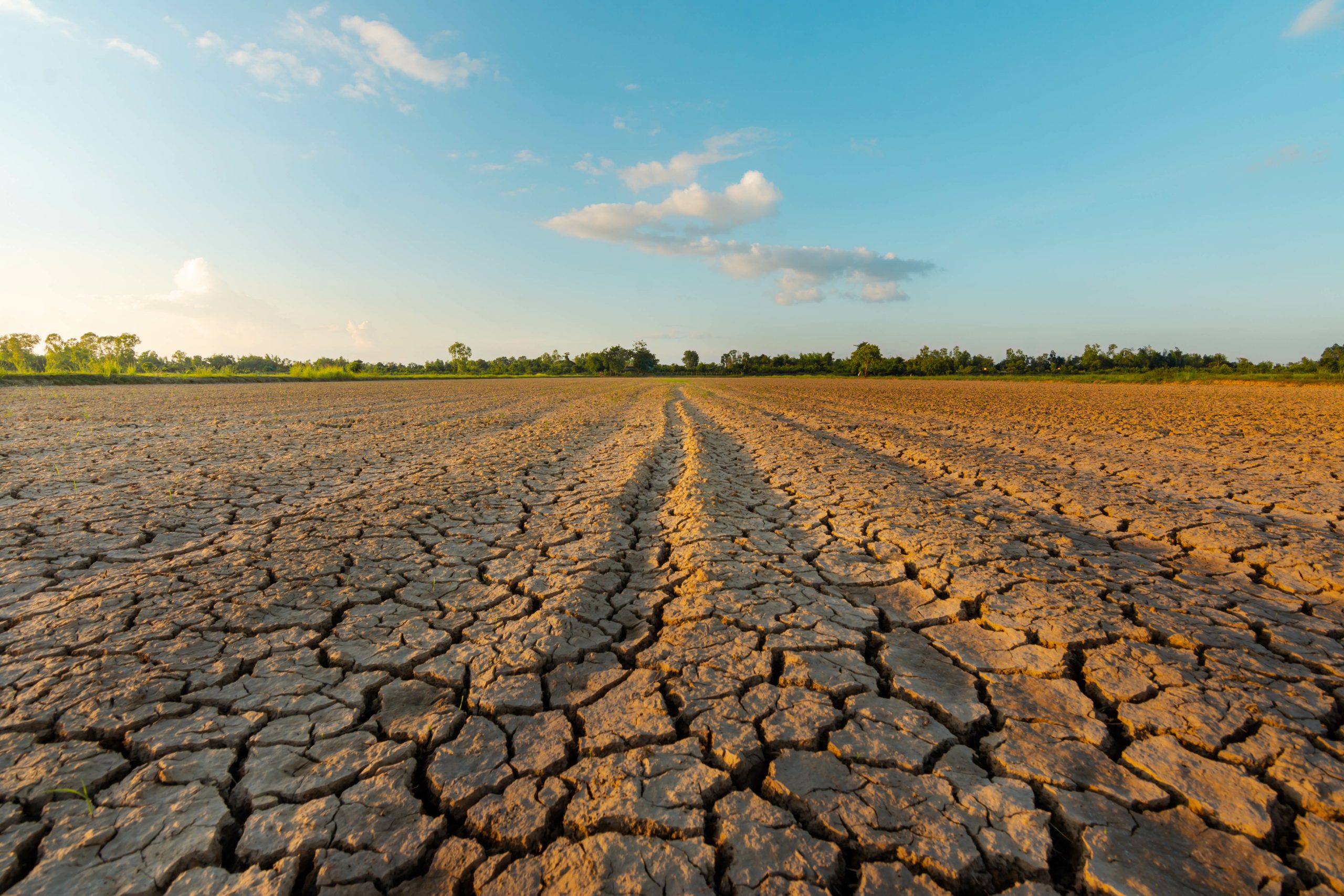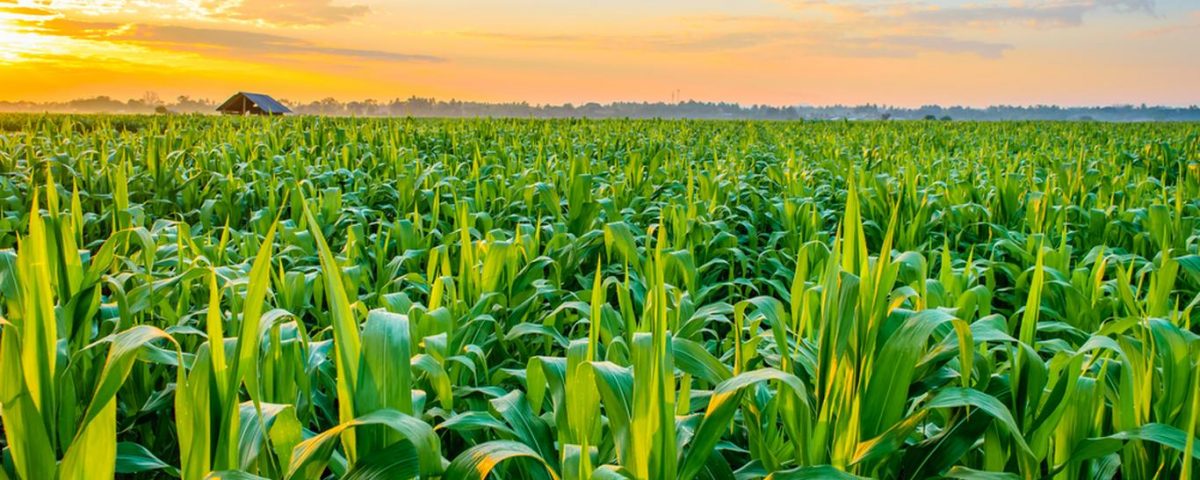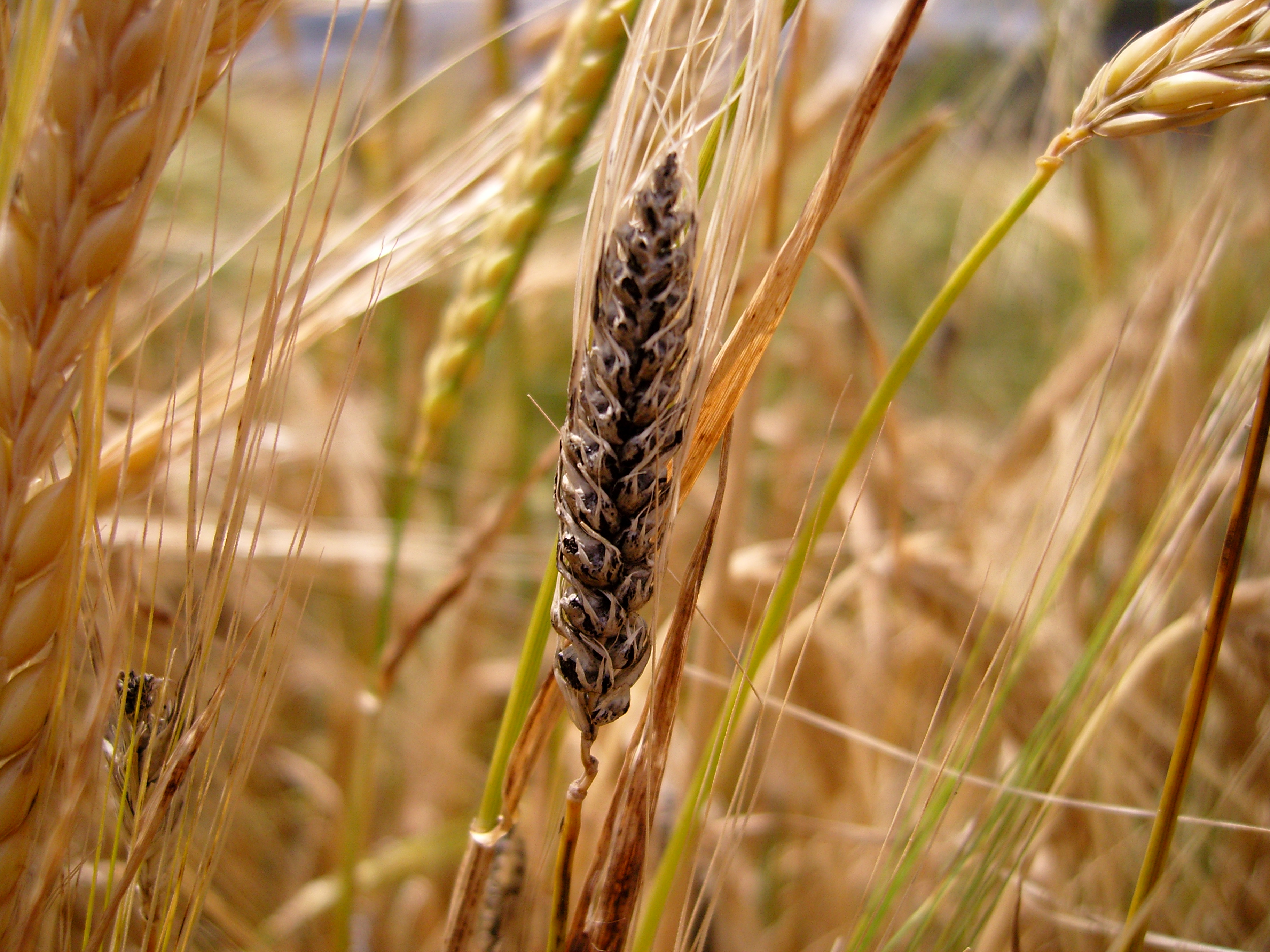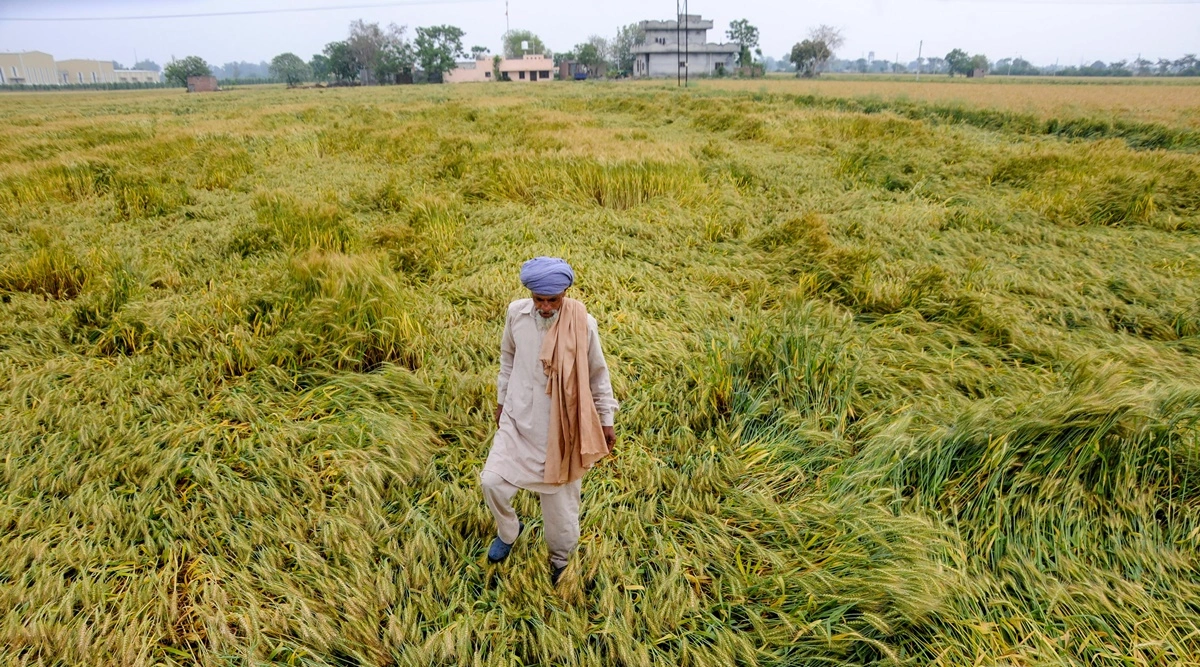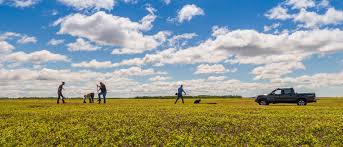“Herders and farmers have their feet on the ground, but their eyes on the sky.” The old saying is still popular in Spain’s rural communities who, faced with recurrent droughts, have historically paraded sculptures of saints to pray for rain.
The saints are out again this year as large swaths of Spain face one of the driest winters on record. Even as irrigation infrastructure boomed along with industrial farming, the country’s ubiquitous dams and desalination plants are up against a looming water crisis that scientists have been warning about for decades.
“We are facing a drastic situation,” said Juan Camacho, a farmer in the southern province of Granada, as he looked hopelessly at withered leaves of avocado plants and their fruits, smaller than usual this year.
Not far from his orchard, the region’s largest reservoir is down to 15% of its capacity after over two months without a drop of rain. And at least half of that, Camacho said, “is just muddy water, completely useless.”
Declining agricultural yields in Europe — and the battle for diminishing water resources, especially in the southern part of the continent — are perils that lie ahead as global temperatures continue to rise, the world’s top climate scientists say.
Their conclusions are part of a report this week by the United Nations’ Intergovernmental Panel on Climate Change released Monday. The panel’s periodic assessments inform policymaker decisions about how to prevent the planet from warming beyond the 1.1 degrees Celsius (2 Fahrenheit) already gained since industrial times.
For Europe, heat and flooding in addition to agricultural losses and water scarcity will be major climate impacts, the report said. And while European awareness of global warming motivates policymakers to do more, scientists say the ambition and execution of solutions vary greatly from country to country.
Extreme heat, floods and droughts will lead to widespread disruption of the economy, including damage to infrastructure and energy supplies, the need for more air conditioning and greater water demand, the report warned.
As warming rises faster in Europe than the global mean, panelists paint a picture of a continent divided: an increasingly arid south, struggling with desertification and competing for scarcer water _ and a north adopting a more traditional Mediterranean climate that could provide some increased crop yields and forest growth, but with risks of its own.
If temperatures rise an additional 1.9 degrees Celsius (3.4 Fahrenheit), corn harvest losses could reach 50%, especially in southern Europe, the report warned. Harvests of wheat, meanwhile, could increase in the north as long as warming doesn’t exceed 2 degrees Celsius since pre-industrial levels — or 0.9 degrees above the current average temperature.
But this is no silver lining. From a continental perspective, the report says due to combined heat and drought, “substantive agricultural production losses are projected for most European areas over the 21st century, which will not be offset by gains in Northern Europe.”
“There are some vegetables and warm climate crops that might see benefits in the short term,” Rachel Licker, a climate expert at the Union of Concerned Scientists, told The Associated Press. “But the major cereal crops, the major commodities, the major crops that are exported and really form the basis of a lot of the economy are the ones that are likely to be negatively affected.”
Europe will also suffer other negative impacts. Coastal damage is projected to increase at least tenfold by the end of the century — and, if the 3 degree Celsius (5.4 Fahrenheit) warming threshold is reached, “damage costs and people affected by precipitation and river flooding may double.”
For some coastal communities it will be “an existential threat,” the report said, adding that traditional lifestyles of the Sami and the Nenets peoples are already under threat in the European Arctic.
Inequality is expected to grow within and among countries as the continent sees more deaths from heatstroke, unbearable summers and irreparable damage to ecosystems.
Joaquin Montes, 50, is among those set to lose more. He is one of roughly 10 million farmers in the European Union who feed 440 million consumers inside and outside the bloc.
Sandwiched between the tourist-magnet Costa del Sol and the Sierra Nevada range in southern Spain, the ravines where Montes’ custard apple and avocado orchards sit should have plenty of water.
But with 41% less rain since October than average for the same period between 1980 and 2010, dams contain almost no water. Private ponds that are supposed to last farmers through summer are exhausted. And, with no fresh water replenishing aquifers, salty seawater is making them useless.
“Us farmers, we are used to dealing with drought,” said Montes, who learned the job from his father when he was 14. “But every year we see less and less rain. I fear for my livelihood.”
Environmentalists say landowners who switched from traditional crops to profitable but thirsty ones such as avocados or mangoes are the tip of a larger problem: industrial-scale, single-crop agriculture that has displaced smaller, traditional farmers.
“The model is one of ill-planning and pure false developmentalism,” said Julio Barea, a geologist and water activist with the environmental group Greenpeace.
In Spain, the surface of arable land devoted to intensive agriculture with irrigation has increased to a quarter of the total in recent decades, according to the Agriculture Ministry, taking over terrain once used for rain-fed crops.
“We are hitting the wall of having no water,” Barea said. “And it’s going to be catastrophic. We need to change our mindset.”
In neighboring Portugal, authorities have restricted the use of some reservoirs for hydroelectric power and irrigation amid an unusual winter drought, prioritizing drinking water.
As water scarcity hits southern Europe first, followed by Western and Central Europe, the U.N. report says irrigation will continue to be a solution for some to feed a warming continent, but it will be limited by water availability.
Additional means for watering crops won’t even be an option in places like Spain’s southeast, according to food systems expert Marta Rivera-Ferre, who helped review the report.
“The elevated risk of drought there has to let us think again about how best to adapt,” she said.
Patrick Verkooijen, chief executive of the Rotterdam-based Global Center on Adaptation, said the report’s message is “that for many, now the time is already adapt or die.”
“The cost of inaction is much higher than the cost of action when it comes to making agriculture and food systems climate-resilient,” he said.
Source - https://www.claimsjournal.com


